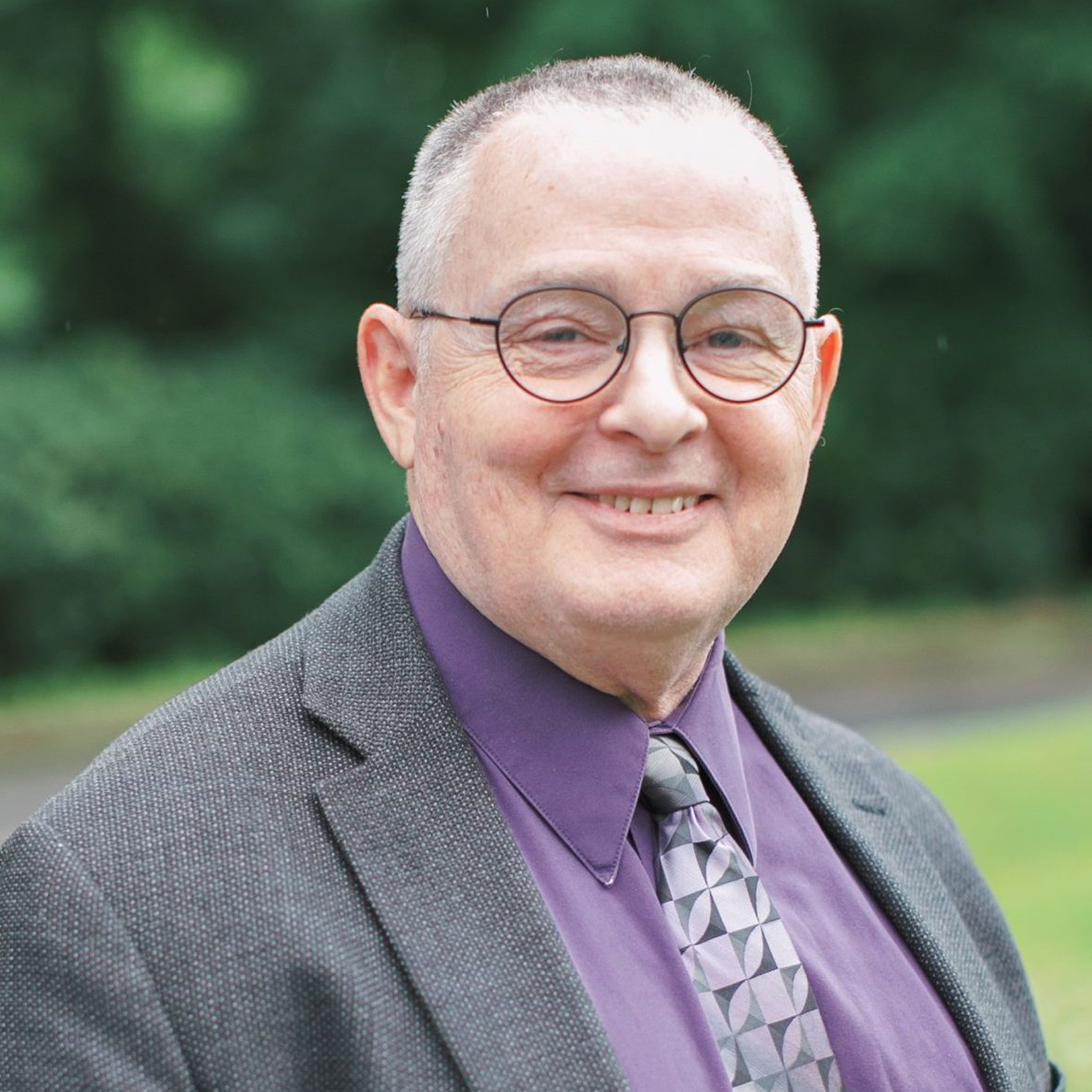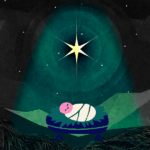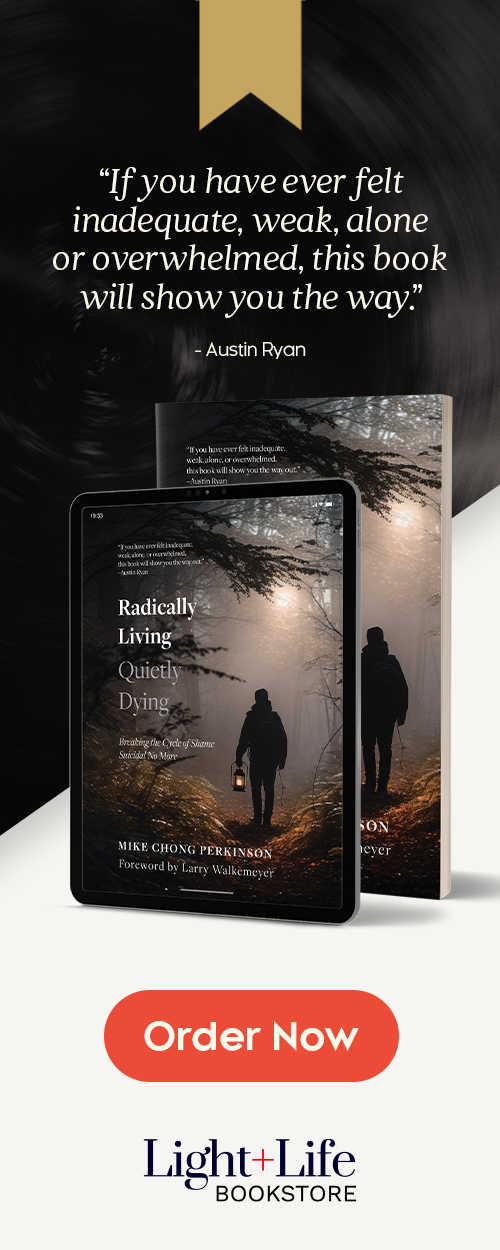
Rick Boyd
Rick Boyd, Ph.D., is professor of biblical studies at Wesley Biblical Seminary, where he has taught for eight years, and an ordained elder in the Free Methodist Church USA. His primary areas of teaching are inductive Bible study and Greek. He and his wife, Jodi, were married at the Urbana Free Methodist Church (now the Mattis Avenue Free Methodist Church) in 1989 and became members of the Free Methodist Church in 1992. They have been members of the Wabash, North Central, and New South conferences. They currently live in Brandon, Mississippi.
By Rick Boyd
The book of Psalms is an unusual book in terms of authorship. Rather than a single author, Psalms has multiple authors who wrote at different times with different circumstances. Yet, even with different authors from various times, the Psalms are arranged to be a cohesive book with a very specific order, and with the first Psalm (actually the first two Psalms) intentionally placed at the head of the book to orient the reader to the rest of the book. Psalm 1 begins the book of Psalms by confronting the worshipper with a critical question: Who, or what, is it that directs your life? That question is meant to be answered before entering into the rest of the Psalter.
Psalm 1 presents an implicit choice between the one who is blessed and the one who is not blessed. The reader is given a choice: to live according to “the wicked” (1) or to live according to the instruction (law) of the Lord (2). This is followed by the resulting life. The blessed one (choosing to delight in and meditate on the instruction of the Lord) experiences the fullness of life (3), whereas the wicked experience an empty and ultimately fruitless life (compared to “chaff” in verse 4), a life that can be understood in terms of the curse. Think in terms of the Garden of Eden, where the blessed one lives life as God intended for humanity, and the wicked experience this brief life under the curse, without substance or satisfaction.
_
“The determining factor is how the reader views and treats the instruction of the Lord, essentially the Bible.”
_
The contrast concludes with the wicked being unable to stand in the judgment, in parallel with the assembly of the righteous (5), suggesting that the righteous are the only ones able to stand in the judgment. This is followed by the reason why: because the Lord is knowing, continually, the way of the righteous (the blessed ones), but the way of the wicked perishes (6). It simply will not last into eternity.
The structure of the Psalm couldn’t be clearer. The reader is either among the blessed or the wicked. There is nothing in between. The determining factor is how the reader views and treats the instruction of the Lord, essentially the Bible. How we treat the Bible determines whether or not we are blessed, whether or not our living produces life and fruit, and whether our life prospers as God intended us to prosper. This is not about what we think, but about what we actually do. We must choose.
Verse 3 reveals the result of the choice to delight in the instruction of the Lord and meditate on it (chewing on it) day and night … continually. If we choose the way of the Lord, then our resulting life is like “a tree planted by streams of water, which yields its fruit in season and whose leaf does not wither — whatever [we] do prospers.”
Transplanted and Watered
This picture the author gives us in Psalm 1:3 is amazing and extraordinarily insightful when it comes to what actually happens when we choose to make the instruction of the Lord, the Scripture, our guide for life. If we will delight ourselves in the Scripture, as we meet with the Lord in His Word and meditate on it continually, day and night, something happens. The Lord does something in the process of our commitment to spend time with Him every day!
The life that results is compared to a tree that is transplanted (the Hebrew really suggests this understanding, the tree —the blessed one — being uprooted from our previous ways and established in the ways of the Lord) alongside intentionally dug channels of water (think irrigation ditch … not as poetic as “streams of water,” but more accurate). This transplanted tree receives just as much water as it needs, as determined by the owner, the very One who transplanted us. This is the way the Lord intended for us to function, to live life, especially within the fallen creation. Apart from this transplanting operation, we occasionally receive some water, but it is sporadic, not nourishing like the owner intends by the intentionally dug channel of water. But the best comes in the second half of the verse.
Alive and Active
The right amount of water at the right time and in the right way, all supplied by the Lord’s instruction, provides fruit in its season, but, notice, the leaf never withers. There is always life in that tree, and the fruit comes in due time as determined by the owner of the land, the One who transplanted the tree! Life is always present and visible, and always active (whatever he or she does prospers). This is the life for which we were created, a life restored and established by the Lord, constantly fed by His instruction, and constantly showing forth life. The fruit comes as intended by the Lord and in its time, as determined by the Lord, but life is always present and visible.
_
“Continually chewing on the instruction of the Lord leads to continually experiencing and manifesting His life.”
_
This Psalm emphasizes a present choice for each of us, a choice that produces contrasting effects, which lead to eternally differing destinies. If we devote ourselves to spend time with the Lord daily, every day, and listen to Him as He speaks to us in His Word, He will not only change our life, but through His instruction, He will effectively touch other lives through us (fruit). He will change our destiny, eternally. Continually chewing on the instruction of the Lord leads to continually experiencing and manifesting His life. Through His instruction, His life becomes manifest to the whole world … through us!+

Rick Boyd
Rick Boyd, Ph.D., is professor of biblical studies at Wesley Biblical Seminary, where he has taught for eight years, and an ordained elder in the Free Methodist Church USA. His primary areas of teaching are inductive Bible study and Greek. He and his wife, Jodi, were married at the Urbana Free Methodist Church (now the Mattis Avenue Free Methodist Church) in 1989 and became members of the Free Methodist Church in 1992. They have been members of the Wabash, North Central, and New South conferences. They currently live in Brandon, Mississippi.









